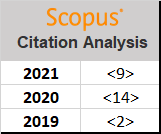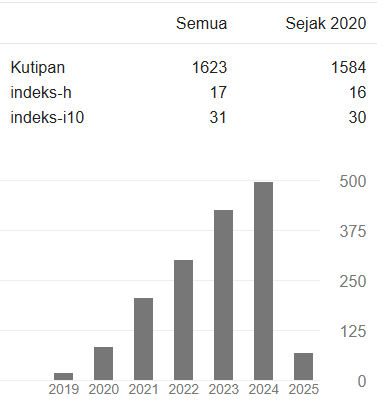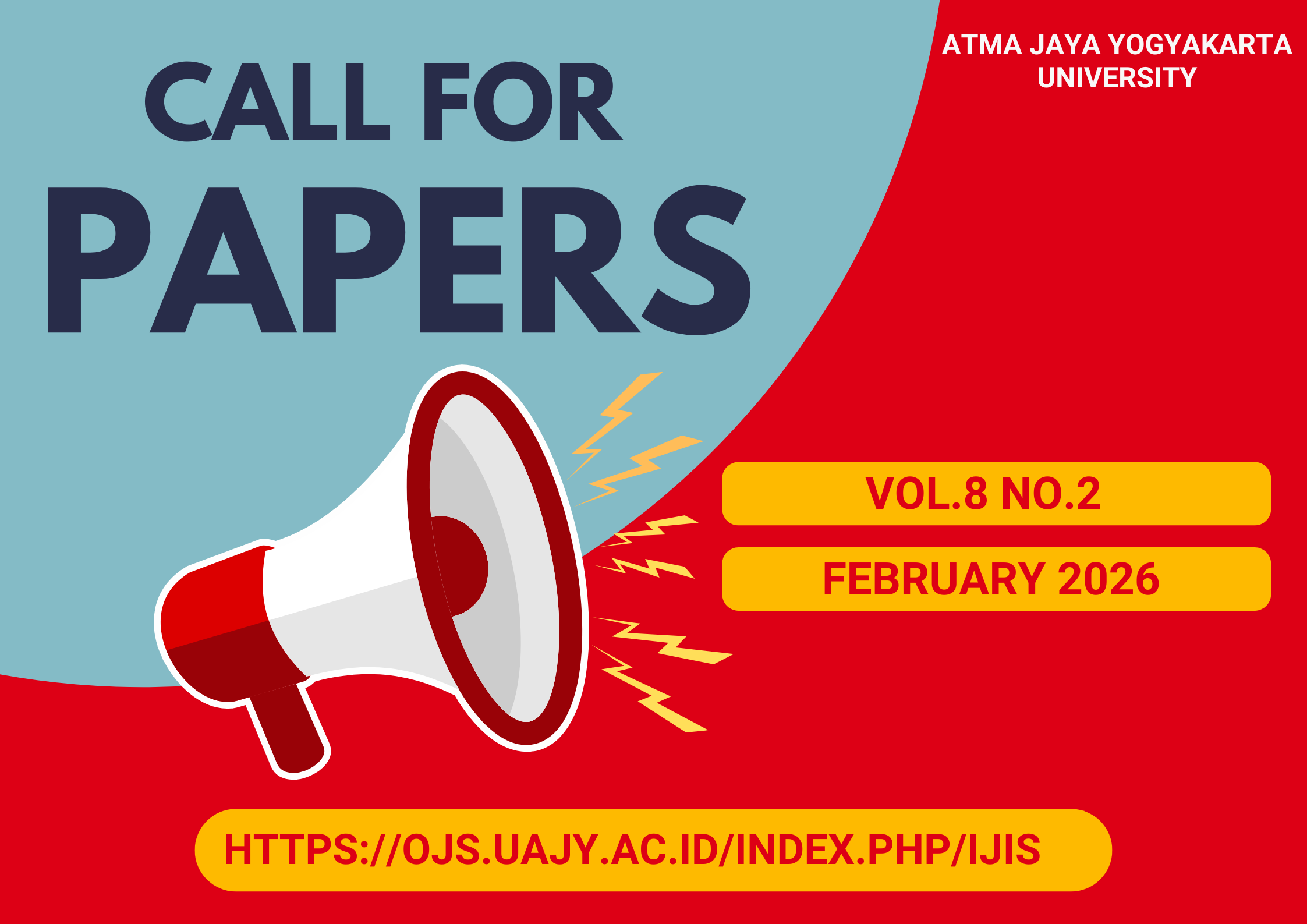Mobile Payment Adoption in Generation Z Using Extended Unified Technology Acceptance and Use of Technology
DOI:
https://doi.org/10.24002/ijis.v6i1.7340Abstract
This study investigates the possible factors determining the success of m-payment adoption in Generation Z using the basic Unified Technology Acceptance and Use of Technology (UTAUT) model based on previous research. A theoretical model derived from previous research that combines factors from the acceptance model of UTAUT with relevant m-payment factors (Trust, Perceived Security, Network Externalities). The sample includes 735 participants from three cities in Indonesia. Structural equation models are used to analyze and develop theoretical models. Only four hypotheses can be accepted based on the analysis of the seven hypotheses proposed. Trust, Perceived Security, Performance Expectancy, and Social Influence positively and significantly impact Behavioral Intention. Meanwhile, Facilitating Conditions, Effort Expectancy, and Network Externalities are insignificant to Behavioral Intention. There are many research models for adopting m-payments, but in developing countries, including Indonesia, the cellular penetration rate is already very high. However, the acceptance of m-payments in various trade transactions is still embryonic, especially in Generation Z. Therefore, this research presents a comprehensive investigation of the factors that influence the adoption of m-payments in Generation Z in Indonesia.
Downloads
Published
How to Cite
Issue
Section
License

This work is licensed under a Creative Commons Attribution-ShareAlike 4.0 International License.
Indonesian Journal of Information Systems as journal publisher holds copyright of papers published in this journal. Authors transfer the copyright of their journal by filling Copyright Transfer Form and send it to Indonesian Journal of Information Systems.

Indonesian Journal of Information Systems is licensed under a Creative Commons Attribution-NonCommercial 4.0 International License.

















